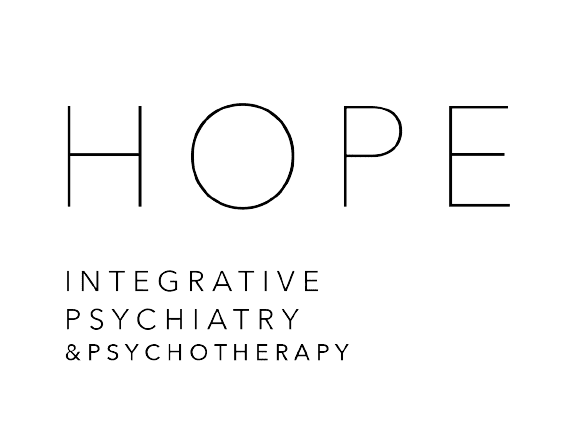In an increasingly fast-paced and demanding world, the need for effective stress reduction and emotional regulation strategies has become more pronounced than ever before. Integrative psychiatry, a holistic mental health approach, recognizes the intricate connection between mind, body, and spirit. Within this framework, mindfulness and integrative psychiatry practices have emerged as potent tools that not only complement traditional therapies but also play a pivotal role in promoting stress reduction and emotional balance.
The Power of Mindfulness
Mindfulness, rooted in ancient contemplative traditions, involves directing one’s attention to the present moment with an open and non-judgmental attitude. Mindfulness and integrative psychiatry cultivates self-awareness, emotional resilience, and stress reduction.
- Stress Reduction: Mindfulness techniques encourage individuals to observe their thoughts and feelings without attachment, enabling them to respond to stressors with greater clarity and composure. This heightened awareness helps break the cycle of rumination and worry, allowing for a more adaptive response to stress.
- Emotional Regulation: By fostering a deeper understanding of emotional experiences, mindfulness empowers individuals to recognize and manage their emotions effectively. Through mindfulness, individuals can create a space between their emotional triggers and their reactions, leading to more controlled and balanced responses.
- Neuroplasticity: Mindfulness practices have been shown to induce positive changes in brain structure and function, promoting greater emotional regulation. Regular mindfulness practice can lead to strengthened neural pathways associated with emotional well-being and resilience.
The Essence of Meditation
Meditation, a practice within Mindfulness encompasses a variety of techniques, aims to cultivate a state of deep relaxation and heightened awareness. Within integrative psychiatry, meditation offers multifaceted benefits that contribute to stress reduction and emotional regulation.
- Stress Resilience: Meditation encourages the relaxation response, reducing the production of stress hormones and promoting a sense of calm. Regular practice has been linked to lowered heart rate, reduced blood pressure, and improved overall stress resilience.
- Emotional Healing: Through meditation, individuals can explore and process underlying emotions in a safe and controlled environment. This introspective journey facilitates emotional healing and fosters a greater sense of self-acceptance and understanding.
- Enhanced Cognitive Function: Meditation has been shown to improve cognitive functions, such as attention, memory, and problem-solving skills. This enhanced cognitive capacity enables individuals to approach challenging situations with greater mental clarity and flexibility.
Mindfulness and Integrative Psychiatry Synergy
When integrated into the framework of integrative psychiatry, mindfulness practices synergize with other therapeutic modalities to create a comprehensive approach to stress reduction and emotional regulation.
- Complementary Strategies: Mindfulness practices complement traditional psychotherapy and medication by providing individuals with practical tools for managing stress and emotions in their daily lives.
- Prevention and Maintenance: Incorporating mindfulness into treatment plans can act as preventive measures, reducing the risk of relapse and promoting long-term mental wellness.
- Empowerment and Self-Healing: Mindfulness empowers individuals to take an active role in their healing journey. By cultivating self-awareness and fostering a deeper connection with their inner selves, individuals become better equipped to navigate life’s challenges.
- Cultivating Mind-Body Connection: Integrative psychiatry recognizes the interplay between mental and physical health. Mindfulness practices contribute to a harmonious mind-body connection, promoting overall well-being.
The integration of mindfulness and integrative psychiatry represents a transformative approach to stress reduction and emotional regulation. By fostering self-awareness, enhancing emotional resilience, and promoting a balanced mind-body connection, these practices empower individuals to navigate the complexities of modern life with greater ease and grace.
As we continue to explore the intricate interplay between ancient wisdom and modern science, the integration of mindfulness into integrative psychiatry stands as a beacon of hope, guiding individuals toward serenity and emotional well-being.


